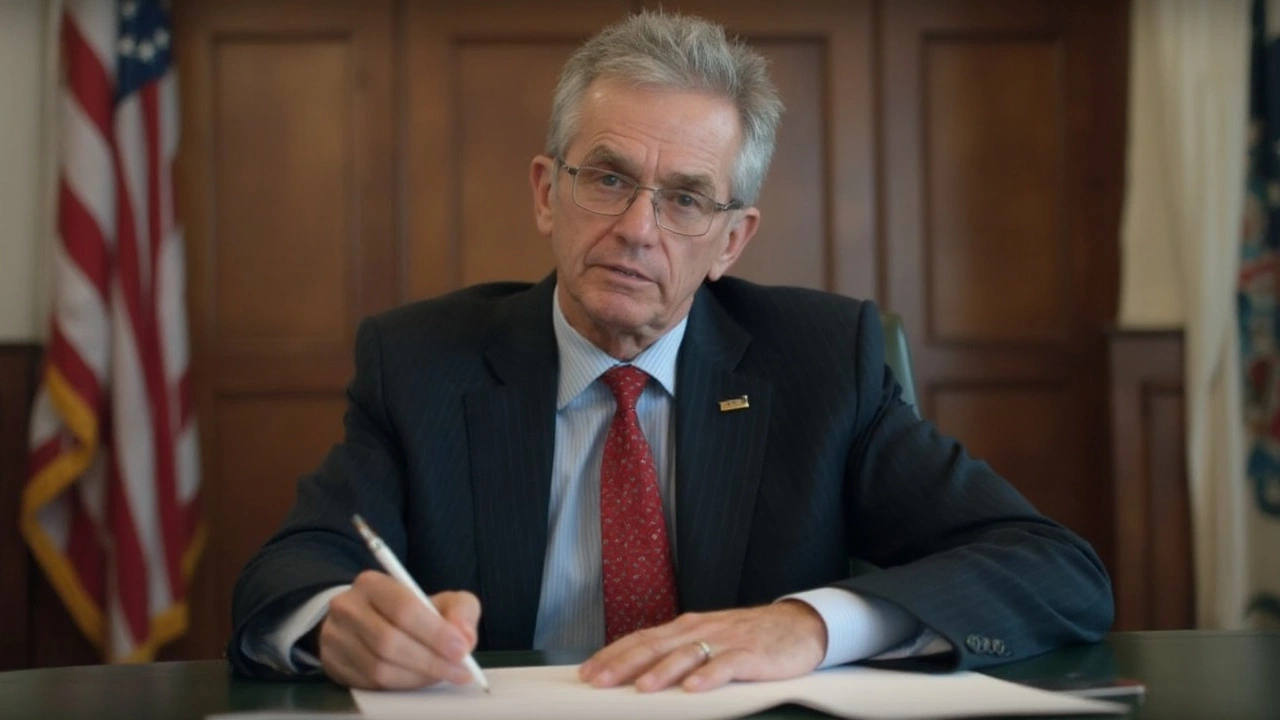Appointment Controversy: What It Means for Music and Arts Schools
Ever wondered why a new teacher shows up late, or why a beloved instructor suddenly disappears? Those moments often spark what we call an appointment controversy. In schools that teach music, dance, or visual arts, the issue can feel bigger because the art itself is personal. Let’s break down why these disputes happen and what you can do about them.
Why Appointment Issues Happen
First, appointments are a mix of contracts, expectations, and personalities. When a school promises a famous violinist a full‑time spot but later cuts hours, the disagreement turns into a controversy. Sometimes the problem is paperwork – an unclear job description or a missed deadline can leave both sides confused. Other times it’s about creative control: a choreographer may want to design the curriculum, but the administration pushes a different vision. These clashes are common when the school’s leadership and the faculty don’t talk the same language.
Another big trigger is funding. Arts programs often rely on grants, donations, or tuition. If the budget shrinks, schools may have to reshuffle appointments, causing uncertainty for teachers and students alike. When that happens without transparent communication, rumors spread fast and the controversy grows.
How to Navigate the Dispute
If you’re a student, the best move is to stay informed. Ask your program director for clear schedules and know who to contact if a class is cancelled. Keep a record of any changes – dates, times, and who told you. That way, if you need to raise a concern, you have the facts.
If you’re a faculty member, make sure your contract lists exact duties, hours, and compensation. Don’t assume the school will remember details you think are obvious. When a disagreement pops up, request a meeting with the administration and bring written notes. Stay calm, focus on how the issue affects your teaching and the students, not on personal grievances.
School administrators have the hardest job: they need to balance budgets, reputations, and the creative mission. The most effective way to prevent controversies is to set clear policies early. Publish appointment guidelines on the website, hold orientation sessions, and keep an open channel for feedback. When a conflict does arise, respond quickly, explain the rationale, and offer a realistic solution.
In all cases, communication is the cure. A quick email explaining why a class is moved or why a contract is being revised can stop rumors before they become a crisis. If you’re unsure how to start the conversation, try a simple line: “I noticed the schedule changed, can you help me understand why?” It shows you’re engaged, not confrontational.
Remember, an appointment controversy doesn’t have to ruin your learning or teaching experience. By staying organized, asking the right questions, and keeping the dialogue open, you can turn a messy situation into a chance for improvement. Whether you’re a budding guitarist, a senior dancer, or a school manager, the goal is the same: keep the art thriving and the community happy.
Gyanesh Kumar Appointed as India's New Chief Election Commissioner
Gyanesh Kumar, an experienced 1988-batch IAS officer, steps in as India's new Chief Election Commissioner, overseeing key elections until 2029. His selection under a recent law has sparked debate, with concerns about its fairness being debated in the Supreme Court.
VIEW MORE